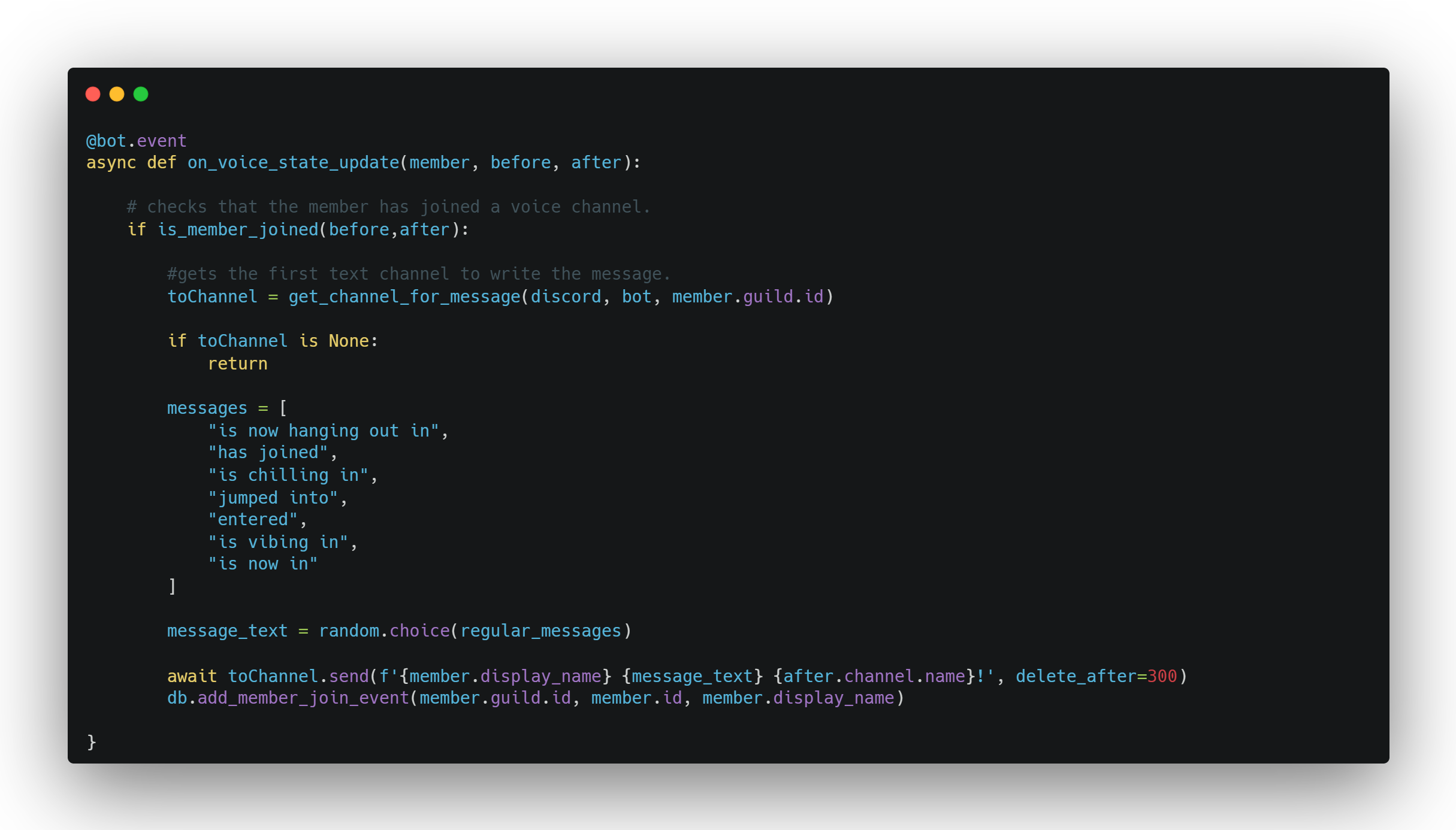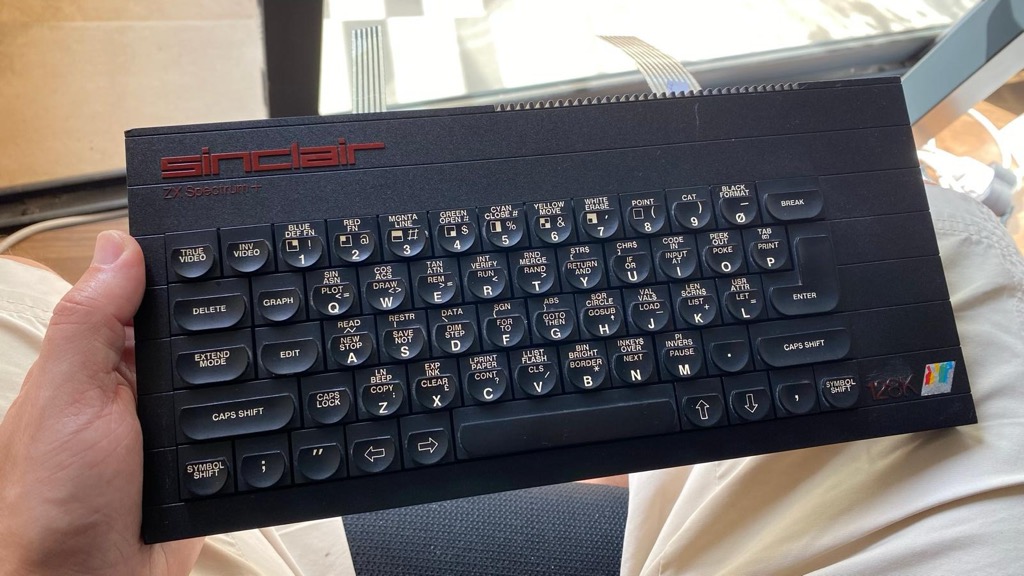Nimtable: Open-source web UI to browse and manage Apache Iceberg tables
Nimtable: The Control Plane for Apache Iceberg™
A lightweight, easy-to-use platform to monitor, optimize, and govern your Iceberg-based lakehouse.
Overview
Nimtable helps you easily manage and explore Apache Iceberg catalogs. With a web-based platform designed for clarity and simplicity, Nimtable makes it easy to browse tables, run queries, analyze file distributions, and optimize storage layouts.
Key Features
-
🌟 Multi-Catalog Support
Connect to REST Catalog, AWS Glue, AWS S3 Tables, and PostgreSQL (via JDBC).
-
🗄️ Object Store Integration
Seamlessly work with S3 and S3-compatible stores like Cloudflare R2, Minio, and more.
-
🔍 Table Exploration
Inspect table schemas, partitions, and snapshots with ease.
-
⚡ Interactive Querying
Run SQL queries directly from the platform.
-
🤖 AI Copilot
Get intelligent assistance for Iceberg table exploration.
-
📄 AI Summary
Automatically generate summaries of your Iceberg tables.
-
📊 File Distribution Analysis
Visualize how data files are distributed across partitions and snapshots.
-
🔧 Table Optimization
Run file compaction and manage snapshot expiration.
-
🔌 REST Catalog Compatibility
Serve as a standard Iceberg REST Catalog, adapting any underlying catalog to a RESTful API.
Architecture
Nimtable acts as a bridge between users and catalog servers, providing both an interactive web interface and a standard REST Catalog API layer.
Quick Start
The fastest way to get started is using Docker:
cd docker
docker compose up -d
Access the UI at http://localhost:3000.
Default Admin Login
- Username:
admin - Password:
admin
Managing the Service (Optional)
- View logs:
docker compose logs -f
- Stop the service:
docker compose down
Development
See HACKING.md for details on how to hack on Nimtable.
Configuration
Nimtable can be configured in two ways:
- Web UI: Easiest for new users - just log in and click "Create Catalog."
- YAML Configuration File: Recommended for advanced users or automated deployments.
1. Configuration File Location
- By default, Nimtable looks for
config.yamlin the working directory. - Docker: Mount your config file to
/app/config.yamlinside the container. - See docker/docker-compose.yml for an example of mounting configuration.
2. Minimal Configuration Example
server: port: 8182 host: 0.0.0.0 admin: username: admin password: admin database: url: jdbc:postgresql://localhost:5432/nimtable_db username: nimtable_user password: password
Important: Change the default admin password after your first login for security.
3. Catalog Configuration
You can add catalogs in two ways:
-
Web UI:
After logging in, click "Create Catalog" and follow the prompts. Catalogs added via the UI are stored in the internal database and do not modify
config.yaml. -
YAML File:
Pre-configure catalogs by adding them to your
config.yaml.See backend/config.yaml for full examples and templates.
Supported Catalog Types:
- REST
- AWS Glue
- S3 Tables
- PostgreSQL (via JDBC)
Each catalog type may require specific fields. Refer to the sample config for details.
4. AWS Credential Configuration
If you use AWS Glue or S3, you can provide credentials in two ways:
-
Environment Variables:
# docker-compose.yml services: nimtable: environment: - AWS_REGION=us-east-1 - AWS_ACCESS_KEY_ID=your-access-key - AWS_SECRET_ACCESS_KEY=your-secret-key
-
Mounting AWS Credentials File:
# docker-compose.yml services: nimtable: volumes: - ~/.aws/credentials:/root/.aws/credentials:ro
Roadmap
- 🔧 Optimized Compaction: Advanced compaction strategies and scheduling
- 📊 Monitoring & Analytics: Comprehensive dashboard and insights
- 💾 Caching: Database integration and metadata caching
- ⚡ Query Engine Integration: Support for multiple query engines
- 📋 Metadata Management: Enhanced snapshot, schema and partition management
- 🔐 Security & Access Control: RBAC and fine-grained permissions
- 🔌 API & Integration: REST API support and authentication
- 🔄 Data Lineage: Table and column-level lineage tracking
- 🤖 Better AI Copilot Support: Enhanced capabilities for AI agent.
- 🏢 Catalog & Warehouse Integration: Support for various storage backends
For detailed roadmap items and progress tracking, see Roadmap.
Contributing
We welcome contributions! Please see our Contributing Guide for details.
License
This project is licensed under the Apache License 2.0 - see the LICENSE file for details.
What's Your Reaction?
 Like
0
Like
0
 Dislike
0
Dislike
0
 Love
0
Love
0
 Funny
0
Funny
0
 Angry
0
Angry
0
 Sad
0
Sad
0
 Wow
0
Wow
0









































